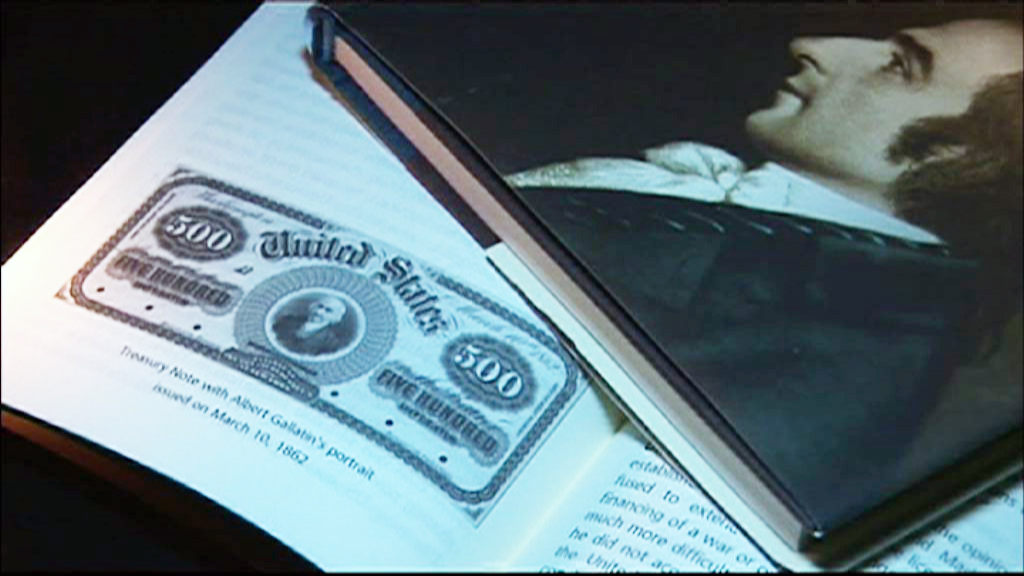Living in the eye of the financial storm

Compared with the debts of other European countries, Switzerland’s is unspectacular – but Bern hasn’t escaped the euro debt mess unscathed.
The 21st Europe Forum, held in Lucerne this week, chose “ways out of the debt crisis” as this year’s theme. Taking place a few days after the G20 summit in Cannes, it couldn’t have been more topical.
Harold James, an economic historian at Princeton, pointed out that from the Spanish and French kings of the 17th and 18th centuries to the German Kaisers and Hitler, the list of European nations that have overextended their debt is much longer than our memories.
“The European problem is also connected to the fact that in the 1980s Europe wanted to imitate the United States: a financial superpower with a super currency, the dollar,” James said.
“But people forgot that the US is a genuine federation, unlike the European Union, whose monetary union was constructed without the corresponding economic responsibilities concerning budgets and taxes.”
He added that one of the main motives for the EU periphery – those over-indebted countries in southern Europe – to join the euro zone was the prospect of interest rates lower than those for lire, francs or pesetas.
“As a result it was easier to take on yet more debt,” he said.
The convergence of currencies and interest rates, which had actually been considered a positive thing, transformed into the opposite.
Mountain of debt
William White, member of the evaluation committee for the Organisation for Economic Co-operation and Development (OECD) for member states, praised Switzerland, despite the OECD’s recent naming of it among (not yet fully) cleansed tax paradises.
“Taken as part of the global debt crisis, Switzerland is a welcome exception,” he said.
White saw the EU debt level more as a global than a European problem, pointing to the equally indebted US or Japan.
“It’s just that in Europe the convergence of the various interest rates to lower common interest rates resulted in the mountain of debt growing even higher.”
Shortcomings
The deficiencies in the construction of the monetary union were also cited by speakers in Lucerne as a reason for the debt.
Jürgen Stark, a board member of the European Central Bank, and Thomas Jordan, vice-president of the Swiss National Bank (SNB), were convinced that a monetary union cannot function properly without financial and fiscal competencies.
Nevertheless, despite this shortcoming, Stark said the euro had never actually become a weak currency.
“This might seem the case from a Swiss perspective or from the perspective of the strong franc, but compared internationally the euro has remained stable,” he said, adding that as a result the euro had brought EU countries price stability and lower interest rates than previously was the case.
In September, the SNB intervened to peg the strong franc at SFr1.20 against the euro. Swiss exporters and the tourism industry could sleep slightly better.
Debt brake
Jordan said the introduction of the euro did indeed promote growth, but also debt.
“This [debt] is today higher in relation to the size of the affected economies than before the global economic crisis of 1929,” he said.
As for Switzerland, he said there existed a solid political consensus for combating debt. He admitted that Switzerland had nevertheless been affected, notably by the monetary and exchange rate policies to support the euro.
In 2001, Switzerland was one of the few countries to introduce a so-called debt brake. This constitutional arrangement should oblige the government to balance revenue and expenditure over the economic cycle.
The effectiveness of this brake is debated. Fritz Zurbrügg, director of the federal finance administration, revealed there was no binding sanction mechanism should the debt brake be neglected.
“For example the entire social security sector is outside the debt brake’s sphere of influence, which is one of the weaknesses in Switzerland’s defence against debt,” he said.
Real economy
The sole representative in Lucerne of the private sector was Walter Grüebler, president of the governing board of Sika, a Swiss speciality chemicals company which supplies the building and construction industry as well as manufacturing industries.
Grüebler highlighted the fact that all financial and debt crises in recent decades had begun in the banking sector: the 1997 Asian financial crisis, the dotcom crisis, the sub-prime crisis and finally the larger financial crisis.
This had the consequence, he said, that the banks had pushed the real economy into various downward cycles through no fault of its own.
“The real economy would have had unique growth chances over recent years,” he said.
He added that owing to the debt and financial crisis many technical and productivity gains had yet to be fully exploited.
Grüebler also believed that to overcome the debt problems not only banks needed to be better regulated but also other actors in the financial sector such as hedge funds.
The Europe Forum Lucerne is an international platform for a range of European representatives from politics, the economy, science and culture.
It promotes interdisciplinary dialogue for issues that are important for Switzerland as well as the EU.
It takes places twice a year at the KKL centre in Lucerne.
Since being founded in 1996, it has established itself as the most important Swiss event of its kind.
In her foreword to this year’s forum, Finance Minister Eveline Widmer-Schlumpf said looking at the published national debts of some countries were enough to make many people dizzy.
She added that the monetary and fiscal measures decided in recent years were “historic” and almost impossible for non-specialists to get their heads round.
As a result, the doubt was growing about whether the problem could be solved without great personal sacrifice.
She said, compared internationally, Switzerland’s national budget looked good, but with its export-based economy and financial centre, the country was directly impacted by the turmoil.
(Adapted from German by Thomas Stephens)

In compliance with the JTI standards
More: SWI swissinfo.ch certified by the Journalism Trust Initiative












You can find an overview of ongoing debates with our journalists here . Please join us!
If you want to start a conversation about a topic raised in this article or want to report factual errors, email us at english@swissinfo.ch.